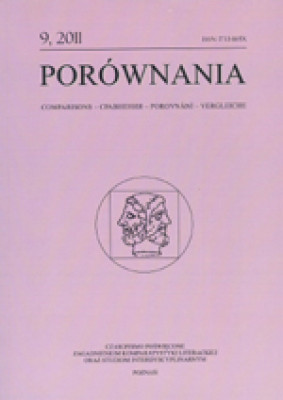Central Europe as a commonwealth of memory (some contributions to an unfeasible definition)
The notion of Central Europe is one of the most historically unstable and changeable in the humanities. The aim of the article is to show the history of the notion in the Hungarian perception from World War Ito the 70s and to provide characteristics of Central European memory. The author begins with a fundamental concept by F. Naumann which for many years, also in Hungary, conditioned the industrial and economic connotations of the notion. The initiator of seeing Central Europe as a commonwealth of culture and fate was Béla Bartók, whereas the very notion was supported by the Hungarian intellectualists after World War I. Such a view of Eastern Europe constituted an alternative to a continent divided into Nazism/Facism and Bolschevism, whereas the new post-war definition of the notion was based on the commonwealth of the repression from the Soviet regime. To conclude, the author gives three distinctive features of the memory of the continent: late development of the nation in its modern shape, borderlinity and experiencing of two totalitarian regimes.
ISSN: 1733-165X
| Article Title | Type | Size |
|---|---|---|
| Porownania 9 01 07 | [pdf] | [519 KB] |
